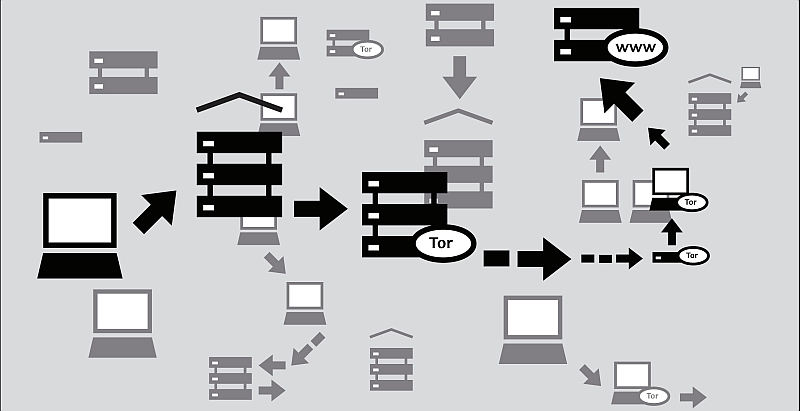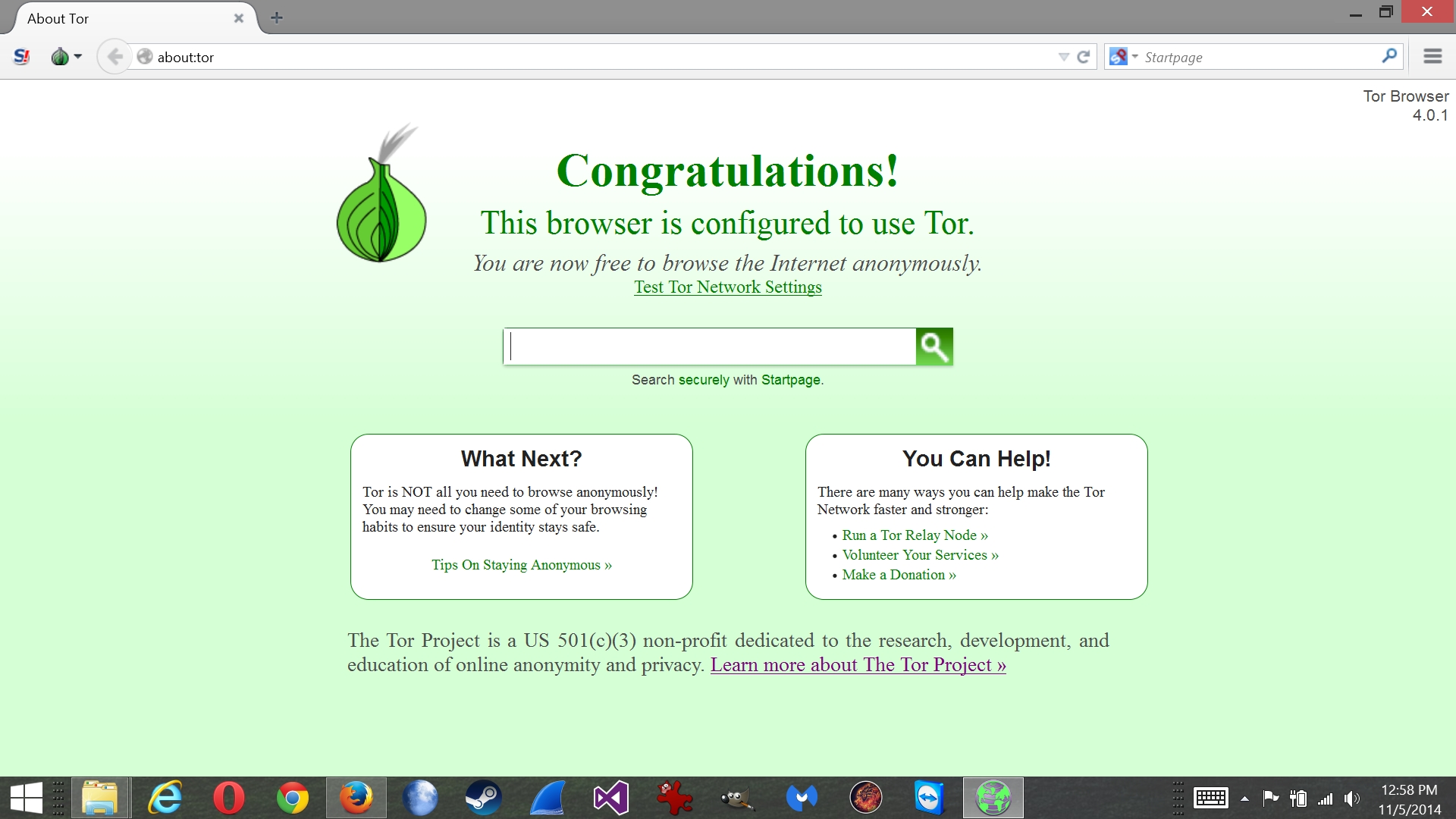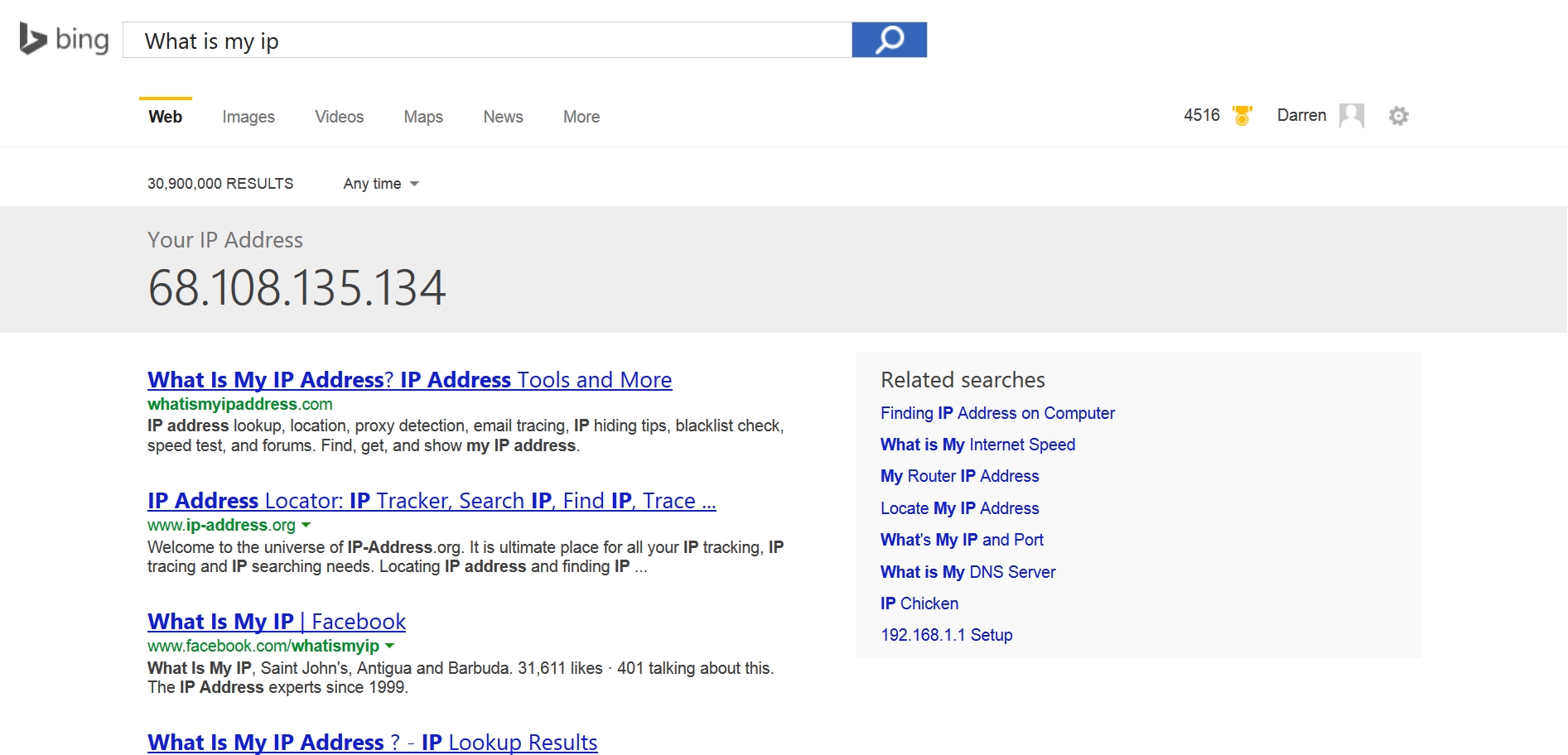More Facebook, but actually Internet privacy

Boy, this week is all Facebook all the time. Weird, considering I don’t use it.
So a couple of days ago I made a post about why I’m not on Facebook, at least at this particular time in my life, but I know many others are and that’s ok. For those of you who are, have you ever worried that someone might be spying on you while you connect? It seems like a strange thing to wonder about considering the whole purpose is to be visible, but in other parts of the world, sharing photos or other information on sites like that can result in serious consequences.
So in a somewhat surprising move, Facebook has created a version of their site that can only be accessed using TOR software. Let me give you some background:
TOR is (was) an acronym for “The Onion Router” (which is why the technically correct way of writing it is TOR, not Tor, although Tor is now the catchall term for it). What it does is bounce your connection to a site through a trusted series of secure points before you head out on to the Internet proper through an exit node, where you exit form the Tor network tot he Internet itself, all of which makes it very difficult to trace your origins or determine the true destination of what you’re doing on line. So if someone wants to monitor your network connections to try and determine where you’re going or what the origin of a particular transmission is, TOR would make that very difficult.
It has been used for bad things, of course. We all know about the saga of the Silk Road, accessible only through the TOR-enabled DarkNet. On the Silk Road, because of it’s ability to protect the identity of users, all sorts of illegal dealings would happen. Drugs, Guns, and the most vile of human crimes.
However it is also a very valuable service for the expressions of those who might not otherwise have a voice. In countries where the Internet and social media are zealously monitored and strictly controlled, people can use the DarkNet and Tor to get their message out behind the prying eyes of those who would seek to suppress that voice. Such a problem is it to regimes like this, that Russia has offered a six-figure reward for anyone who can crack Tor.
You can use the Tor network yourself if you would like, strictly for educational purposes of course, by using the Tor Browser pictured above. This browser works in essentially the same way as any other browsers – it’s actually just a version of Firefox – however it uses the Tor network to make your online activities much harder to intercept and interpret, and provide you some security online. You may possibly lose some site functionality, but not much; most of what you do should appear to behave normally.
To give a visual example of the browser masking my IP while using a PC at home, consider the following two images. The first is my IP address as reported by Bing, and that is my actual external IP. The second image is the very same query, using Bing, but this time using the Tor Browser. Whose IP is that? I have no idea, but it’s part of the Tor network and more importantly it’s not mine, and trying to go to it directly results in a “Page Not Found” error. Nice.




